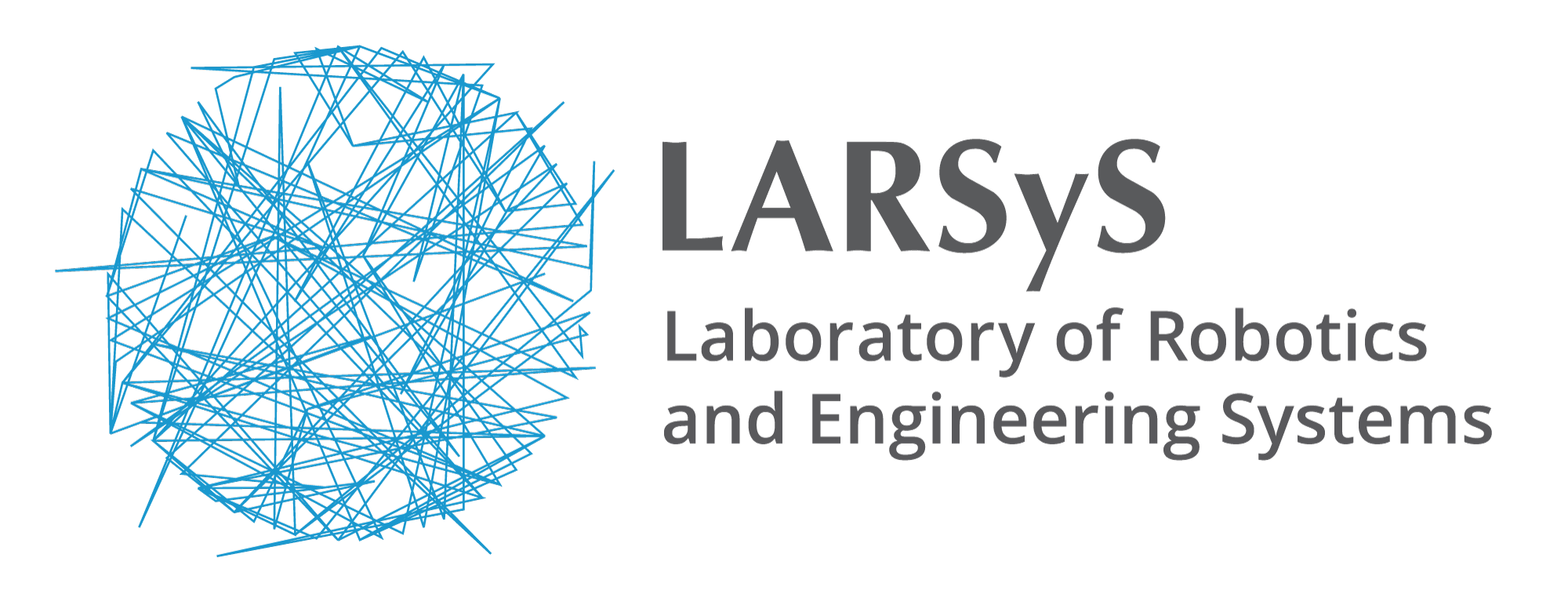The Grazing for Sustainability (GfS) research-action program has developed along the last decade, as a close collaboration between LARSyS/IST and the IST spin-off Terraprima. Its aim is to develop a “Sustainable Fourth Industrial Revolution” approach to grazing (i.e., soil – pasture – ruminant) systems, integrating the data-based and modelling tools of Industry 4.0 with sustainability concerns. Its main focus is the “Sown Biodiverse Permanent Pastures Rich in Legumes” system, an innovative pasture system based on the use of complex ecological knowledge. The higher productivity of this system allows lower impact, more sustainable feeding of livestock (cattle, sheep and goats), supplying high quality protein feed, while avoiding the use of environmental impacting nitrogen fertilisers (due to the nitrogen fixation capacity of legumes). This higher productivity leads to massive increases in soil organic matter, sequestering carbon (hence contributing to climate mitigation) and increasing water retention and reducing soil erosion (hence contribution to climate adaptation).
LARSyS/IST has developed the environmental modelling of the system, combining data-driven (based on remote sensing, within the AIR Thematic Area, and tracking of animals, within the INTERACTION area) with process-based approaches (including metabolic modelling of animals, within the LIFE Thematic Area) and its sustainability assessment (including its contribution to reducing the environmental footprint of food consumption in cities, within the URBAN Thematic Area).
Based on research carried out at LARSyS/IST, Terraprima implemented this system, in Southern Portugal, with funding from the Portuguese Carbon Fund, on 50 000 ha (involving 1000 farmers) in Southern Portugal, sequestering 1 million tonnes of CO2, winning the “World You Like with a Climate You Like” award from the European Commission, for the best climate solution in Europe. The work of GfS has now expanded to the mountains of Northern Portugal and to the islands of the Azores and of Samothraki (in Greece). The impact and expansion potential of this system has been recognized by the Portuguese Roadmap for Carbon Neutrality, with the aim of multiplying this area by 400% (Res. Cons. Ministers N.º 107/2019).
GfS has been developed in permanent interaction, collaboration and joint projects with government agencies (Environmental Protection Agency, Office for Planning and Policies of the Ministry of Agriculture, Managing Authority for the Rural Development Program, Institute for the Funding of Agriculture and Fisheries), more than twenty farmer’s organisations, more than 1000 farmers and multiple research centres in Portugal and abroad (including the two reference agricultural research institutions in Europe, INRAE in France and Wageningen University in The Netherlands). It has had funding from the EU’s Life Program, Horizon 2020, FCT funds, Portugal 2020 co-promotion projects and operational groups within EIP-AGRI (European Innovation Partnership for Agricultural Productivity and Sustainability).
